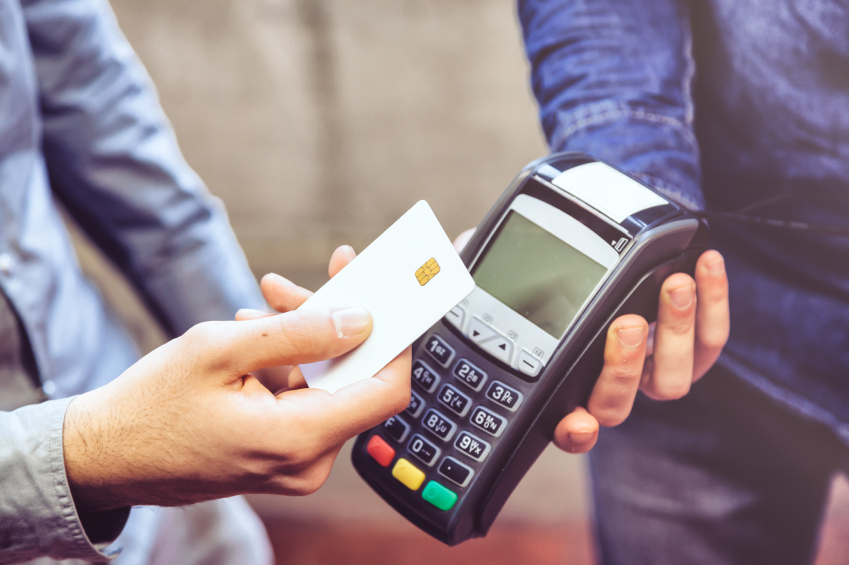Coronavirus: Contactless payment limit rises to £45
The change will slow the spread of the virus, although some retailers may struggle to comply
24th March 2020 11:18
by Stephen Little from interactive investor
The change will slow the spread of the virus, although some retailers may struggle to comply

The UK spending limit for contactless cards is going to rise to keep shop workers and customers as safe as possible during the coronavirus outbreak.
From 1 April, the limit for contactless card payments will rise by £15 to £45.
The move is meant to cut the spread of coronavirus by reducing the need for shoppers to touch keypads on card readers. It also means fewer transactions will need to be carried out in cash, which can also encourage the spread of the virus.
However, the British Retail Consortium (BRC) says the change may take some time to be rolled out as retailers are already working at peak capacity.
Andrew Cregan, head of payments policy at the BRC, says: “The last contactless limit increase to £30 took two years to implement, but given the extraordinary circumstances we face today, this new £45 limit will be rolled out from next week.
“Some shops will take longer to make the necessary changes, given the strain they’re under. In the meantime, most customers can continue to make contactless payments for higher amounts using their smartphone.”
Stephen Jones, chief executive of UK Finance, says: “The payments industry has been working closely with retailers to be able to increase the contactless payment limit to help customers with their shopping at this critical time for the country.
“This will give more people the choice to opt for the speed and convenience of purchasing goods using their contactless card, helping to cut queues at the checkout.”
The move comes after the announcement of a nationwide lockdown that will see all non-essential shops and services closed.
Retailers that have been allowed to stay open include supermarkets, pharmacies and petrol stations.
What if you want to spend more than £45?
Concerns about the coronavirus mean more people are switching to contactless payments in order to cut their risk of catching the disease.
But people who want to buy something worth more than £45 will still have to use chip or pin payments, or cash, to do so.
However, mobile phone users can already make payments above £30 in the UK if their retailer allows.
The most widely-used mobile payment apps which are supported by the big banks are Apple Pay, Samsung Pay and Google Pay.
There is technically no limit on how much users can spend, but some retailers do put a restriction in place.
To use mobile payment apps your phone must be NFC-enabled, which most devices now are. This gives mobiles the ability to interact with other devices they are held close to, such as payment readers in shops.
Most phones now come with mobile payment software installed, but if your phone does not have it you can go the Google play store or the Apple App store to download it.
This article was originally published in our sister magazine Moneywise, which ceased publication in August 2020.
These articles are provided for information purposes only. Occasionally, an opinion about whether to buy or sell a specific investment may be provided by third parties. The content is not intended to be a personal recommendation to buy or sell any financial instrument or product, or to adopt any investment strategy as it is not provided based on an assessment of your investing knowledge and experience, your financial situation or your investment objectives. The value of your investments, and the income derived from them, may go down as well as up. You may not get back all the money that you invest. The investments referred to in this article may not be suitable for all investors, and if in doubt, an investor should seek advice from a qualified investment adviser.
Full performance can be found on the company or index summary page on the interactive investor website. Simply click on the company's or index name highlighted in the article.